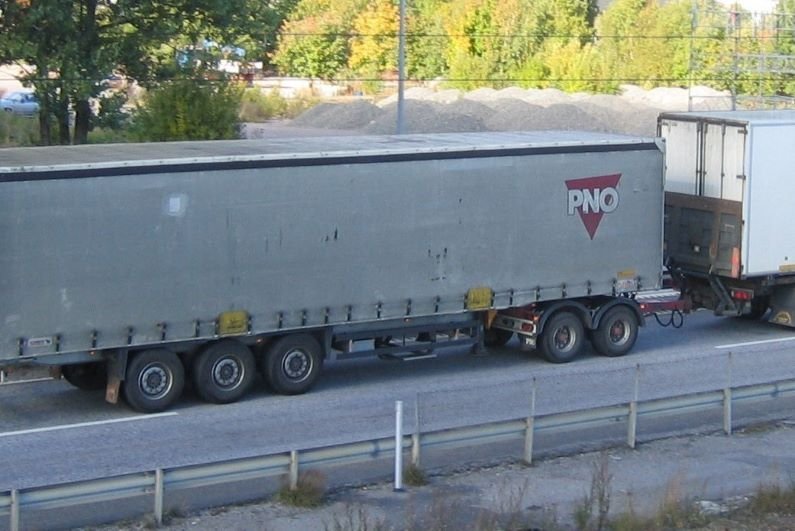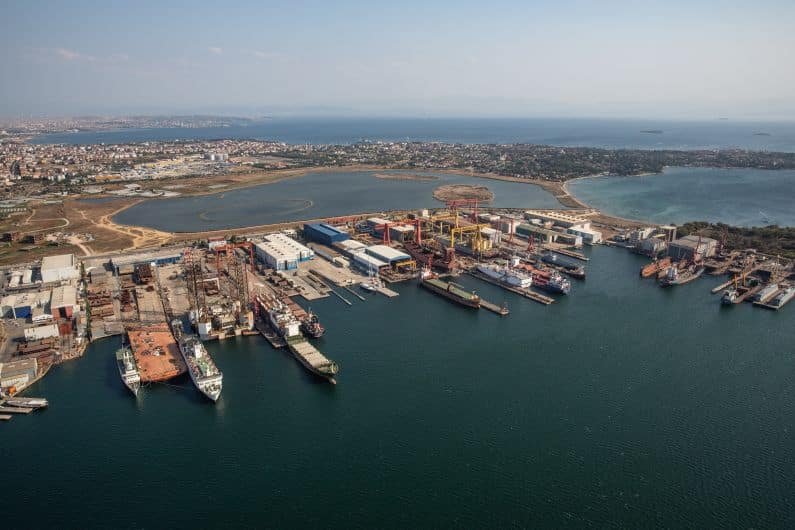Efficiently shipping semi-trailers, particularly those transporting essential oil equipment, demand professional transportation services. Whether it involves drilling rigs, specialized machinery, or storage tanks, the successful shipment of these hefty and oversized assets hinges on meticulous planning, strict adherence to regulations, and effective coordination with logistics partners.
This article provides a comprehensive guide to ensure the smooth and timely delivery of oil equipment-laden semi-trailers to global destinations.
The Process of Shipping Semi-trailers
Understand Customs and Import Regulations
Before initiating the shipping process, it is essential to thoroughly research and understand the customs and import regulations of the destination country. Each country has its requirements, including permits, licenses, and certifications, which must be obtained prior to shipment. Compliance with these regulations is crucial to avoid delays or potential penalties.
Engaging the services of a reputable customs broker or freight forwarder can provide valuable assistance in navigating these intricate procedures of shipping semi-trailers.
Plan the Logistics
The transportation of semi-trailers involves meticulous logistical planning to ensure safe and efficient delivery. Considerations include selecting the appropriate shipping method, such as ocean freight, road transport, or a combination of both, depending on the destination and availability of suitable transportation infrastructure.
Factors such as the dimensions and weight of the semi-trailer, as well as any restrictions on road or sea routes, must be taken into account during the planning stage.
Secure Proper Packaging and Documentation
To protect the oil equipment during transit, it is essential to ensure proper packaging and documentation. This involves securing the equipment to the semi-trailer using appropriate fastening methods, such as straps, chains, or bracing, to prevent shifting or damage during transportation.
Adequate packaging and labeling of hazardous materials, if applicable, should also comply with international safety standards. Additionally, comprehensive documentation, including bills of lading, customs declarations, and insurance papers, should be prepared accurately and in accordance with the requirements of both the country of origin and destination.
Why You Should Choose Texas International Freight
Selecting reliable shipping partners, with expertise in transporting heavy and oversized cargo, is crucial for a successful shipment. That’s why choosing Texas International Freight, who has a proven track record, possesses the necessary equipment and infrastructure to handle semi-trailers, and is well-versed in the specific requirements of the destination country.
Collaborating with experienced professionals ensures seamless coordination, efficient handling, and timely delivery when shipping semi-trailers.
Consider Insurance Coverage
Given the value and specialized nature of shipping semi-trailers, obtaining comprehensive insurance coverage is highly recommended. Insurance protects against potential loss, damage, or theft during transit.
It is advisable to work with an insurance provider experienced in cargo insurance to assess the risks involved and tailor coverage to suit the specific needs of the shipment.
Monitor the Shipment
Throughout the shipping process, it’s crucial to establish continuous communication with Texas International Freight. Employ cutting-edge tracking technologies and real-time updates to vigilantly oversee the semi-trailer’s whereabouts and its current status.
Additionally, proactively tackle any issues or concerns that might surface during transit. Be prepared to address matters such as customs delays or alterations in transportation routes promptly. This proactive approach is instrumental in maintaining smooth operations and mitigating any potential disruptions that could impact the shipment.
Shipping Semi-Trailers Globally
Shipping semi-trailers carrying oil equipment to various parts of the world requires meticulous planning, adherence to regulations, and collaboration with experienced shipping partners.
By understanding customs and import regulations, planning logistics carefully, securing proper packaging and documentation, selecting reliable shipping partners, considering insurance coverage, and monitoring the shipment closely, you can navigate the complexities of global transportation successfully.
This ensures the safe and timely delivery of oil equipment, supporting the oil and gas industry’s global operations and facilitating progress in energy exploration.





